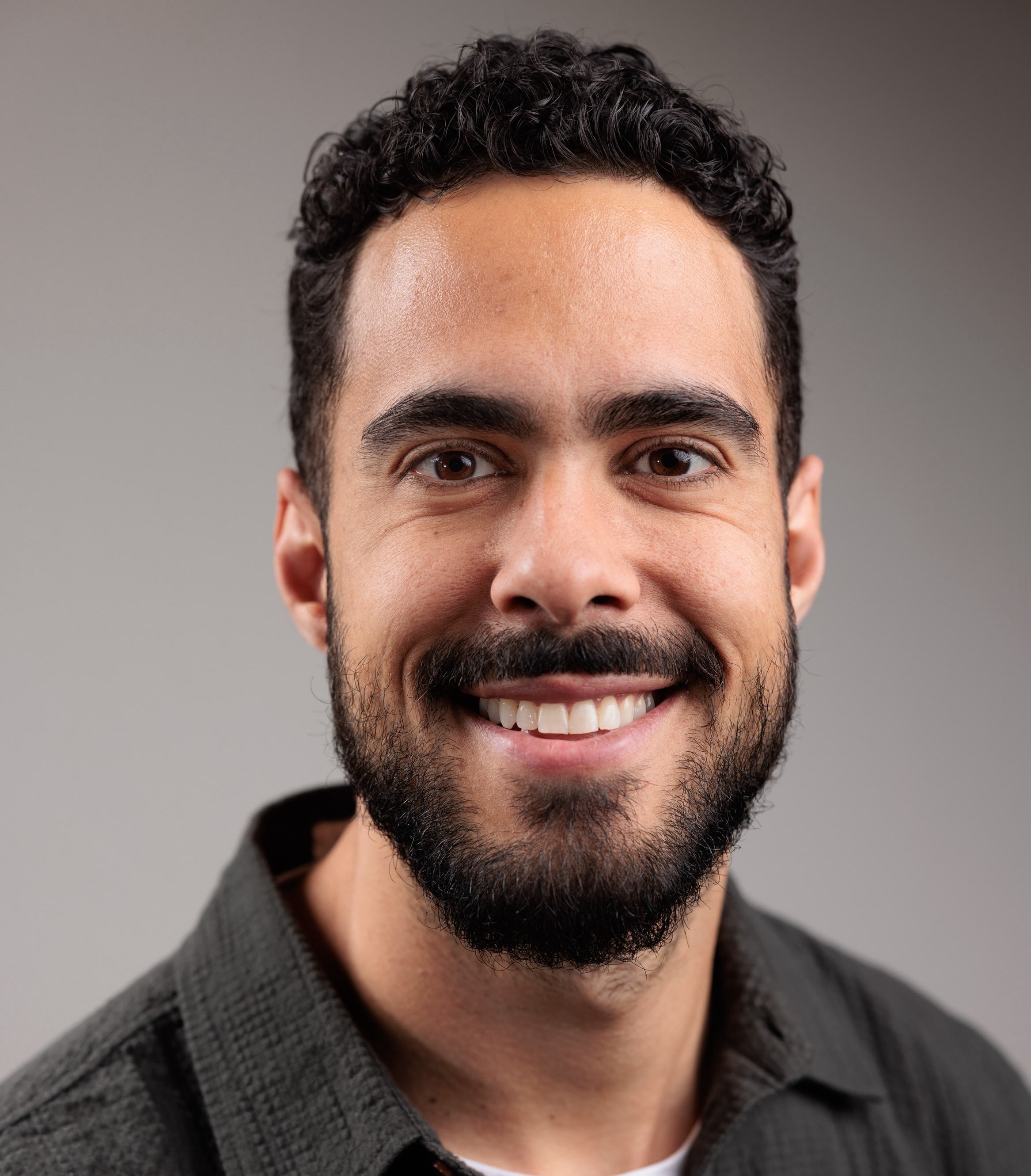But then as now, inside me, my head is going crazy. Busy trying to understand; analyzing what is going on around me. On the streets, I notice people begging for food, for money. I’m confronted with deprivation. How are these disparities possible? As a child you think, why can’t we fix this? Brazil was not a poor country when I was growing up, so it was not like poverty was endemic, but it was very present alongside wealth and comfort. I was born after the end of the military dictatorship and grew up in a Brazil which was citizen-centered in that basic requirements, like universal health care, became everyone’s rights. So, what could explain these vast disparities in our society? I learned later that there is such a thing as ‘differentiated citizenship’ – how some people have full access to their rights, and others only enjoy them on paper, never in reality.
On the frontlines of the state
As a young researcher, I find myself visiting the homes of people along with social workers in the northeast of Brazil. The latter are frontline workers of Bolsa Familia – the federal government’s Conditional Cash Transfer programme. This means families below a certain income get cash directly into their accounts, the only conditions being that they send their children to school and pregnant women go through medical check-ups. At the policy level, it is as clear cut as this. At the implementation level, as my visits with the social workers show, it is different story.
The main job of the social workers I accompany, is to update files; to check from time to time that the number of people in a household and their declared income in government records is accurate, so the right calculations can be made to lift these families out of poverty. I see how families, who find the social worker at their doorstep unannounced, shake with fear;; how they over-dramatize their need; impress the urgency; how dire their situation is; tell long stories about how they got into debt, tragedy. None of this is asked for. They have, as citizens living below a certain income, earned the right to receive the cash transfer from the state. This policy is founded on the idea of human capital investment. Children, well-nourished because of the state’s support, who also get an education, could become the generation that would make the difference. It is a long-term view on fighting poverty, and to my mind – revolutionary.
The social workers, sometimes turn to me and ask questions like, ‘Flávio, did you see the TV? It’s brand new. I know the model and how much it costs. Now tell me, how do you think a family like that could afford this if they only earn what they say’? What I see them do then, is to note that a family is earning more than they say—200 not 100—because of which objects or furniture they see in the houses they visit.
The social workers are using the discretion they possess to do what they see as ‘correcting’ the programme’s database by changing the declared family income. They tweak the records, knowing well that it would result in less money for the family from the state the following month. They also ‘correct’ the other way if they see a person struggling. They make their own evaluations of the families concerned. Or they threaten families by exaggerating that there will be legal consequences if they lie. They exercise moral judgement. They frame the government’s policy as individualized, temporary, exceptional help from a very generous state and so they intervene. When we think of policymaking, we think of the top level and the rest is ‘just implementation’. What we see here is frontline workers shaping and making policy on the go.
Through my research on these frontline workers, I learn that they would very often allude to national politics to explain their decisions when using their discretionary power. They might justify what they are doing by saying, ‘this present government is too generous, too loose’. That connection between what they do in a very individualized, local way and the link to the distant Federal Government was very clear to me. The result: differentiated citizenship[1] – who does or doesn’t have access to their rights.
[1] Term coined by James Holston in the book “Insurgent Citizenship: Disjunctions of Democracy and Modernity in Brazil”.

